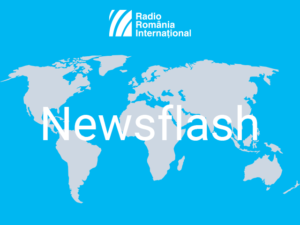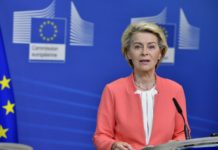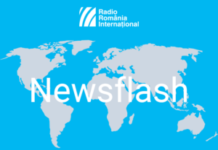NATO gains a new member, Finland, as it celebrates its 74th anniversary on 4th April, with the Finnish flag raised alongside those of the other 30 NATO member states in a special ceremony hosted by the NATO headquarters in Brussels. Against the backdrop of Russia’s aggression against Ukraine and growing tension in the region, the ratification of Finland’s accession to NATO was the fastest in the Alliance’s modern history.
This is an historic week: Finland will be safer and NATO will be stronger, said NATO secretary general Jens Stoltenberg on Monday. He added that Finland’s entry will also make Sweden safer. The two Scandinavian countries gave up decades of neutrality and asked to join NATO together shortly after Russia invaded Ukraine, on 24th February last year. Most member states quickly agreed, with the exception of Hungary and Turkey, who delayed the enlargement. Sweden is still waiting for Turkey’s approval, due to unresolved issues related to Kurdish militants. Delaying Sweden’s ratification does not mean a halt in the technical accession process, said Jens Stoltenberg, adding he was convinced Sweden will soon become a full-fledged member, like Finland. He explained that Sweden has implemented stronger legislation on the fight against terrorism and that mechanisms are in place to exchange more information. He also said that Sweden has removed any restrictions on arms exports to Turkey and that Sweden and Turkey are working together to fight terrorism in the East and addressing organised crime on the streets of Sweden. Stoltenberg emphasised that the postponement of the ratification of Sweden’s accession is not stagnation. With Sweden having been invited to join NATO last year, its integration process continues, and will continue after ratification, just like in Finland’s case.
In response to the NATO enlargement, Moscow says it will beef up its military presence in the region. Russia will consolidate its military capability in the west and north-west, on the borders with eastern Europe and Finland, said Russia’s deputy foreign minister Alexander Grushko shortly after Stoltenberg’s announcement in Brussels. He added that in the event of the deployment of forces and resources of other NATO member states in Finland, Russia will take additional steps to reliably ensure its military security. (Corina Cristea, Radio Romania International)











